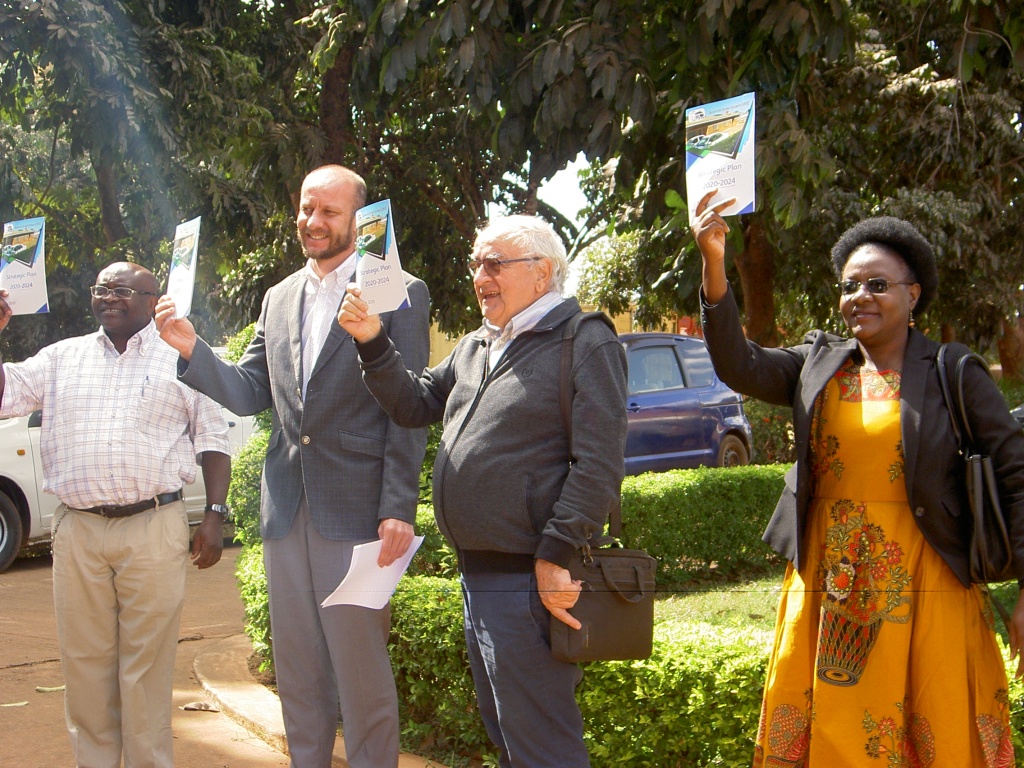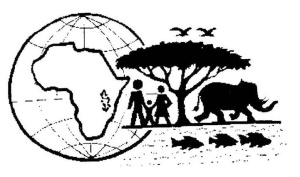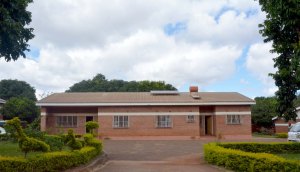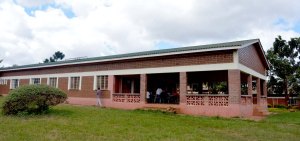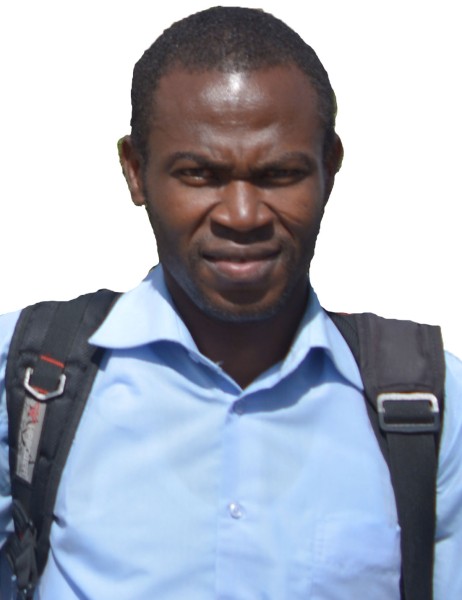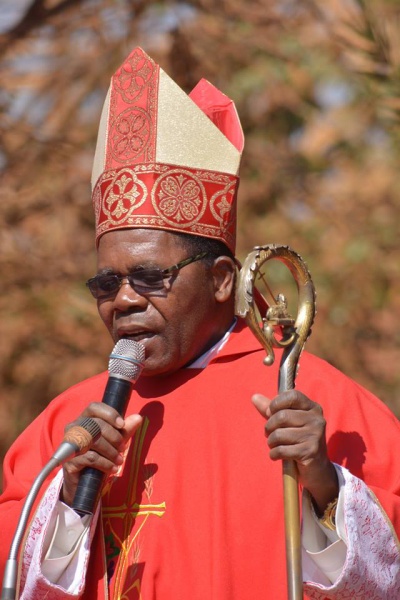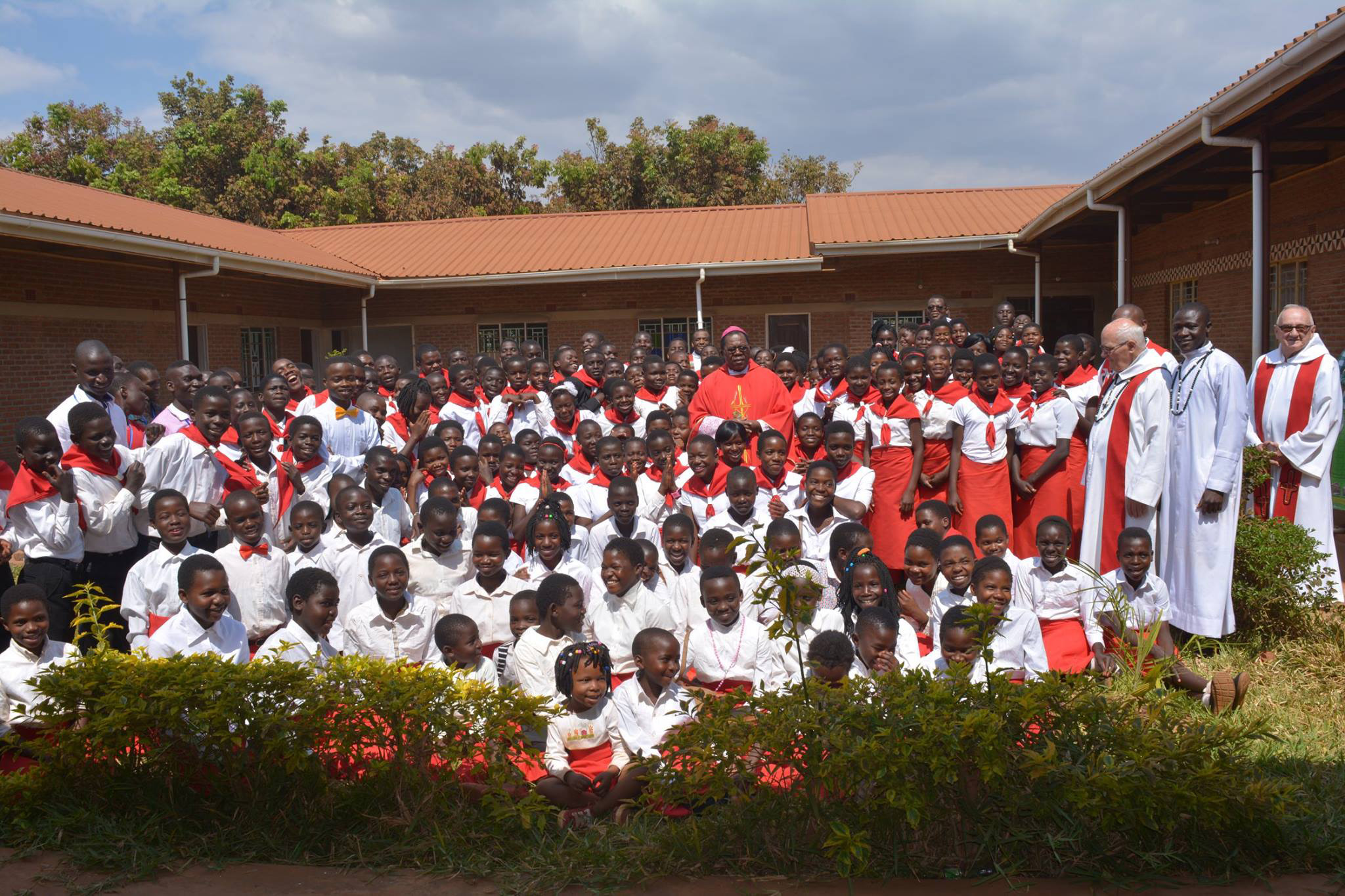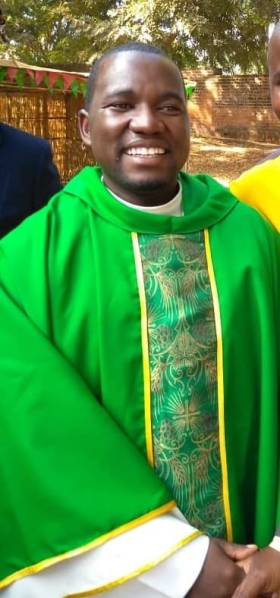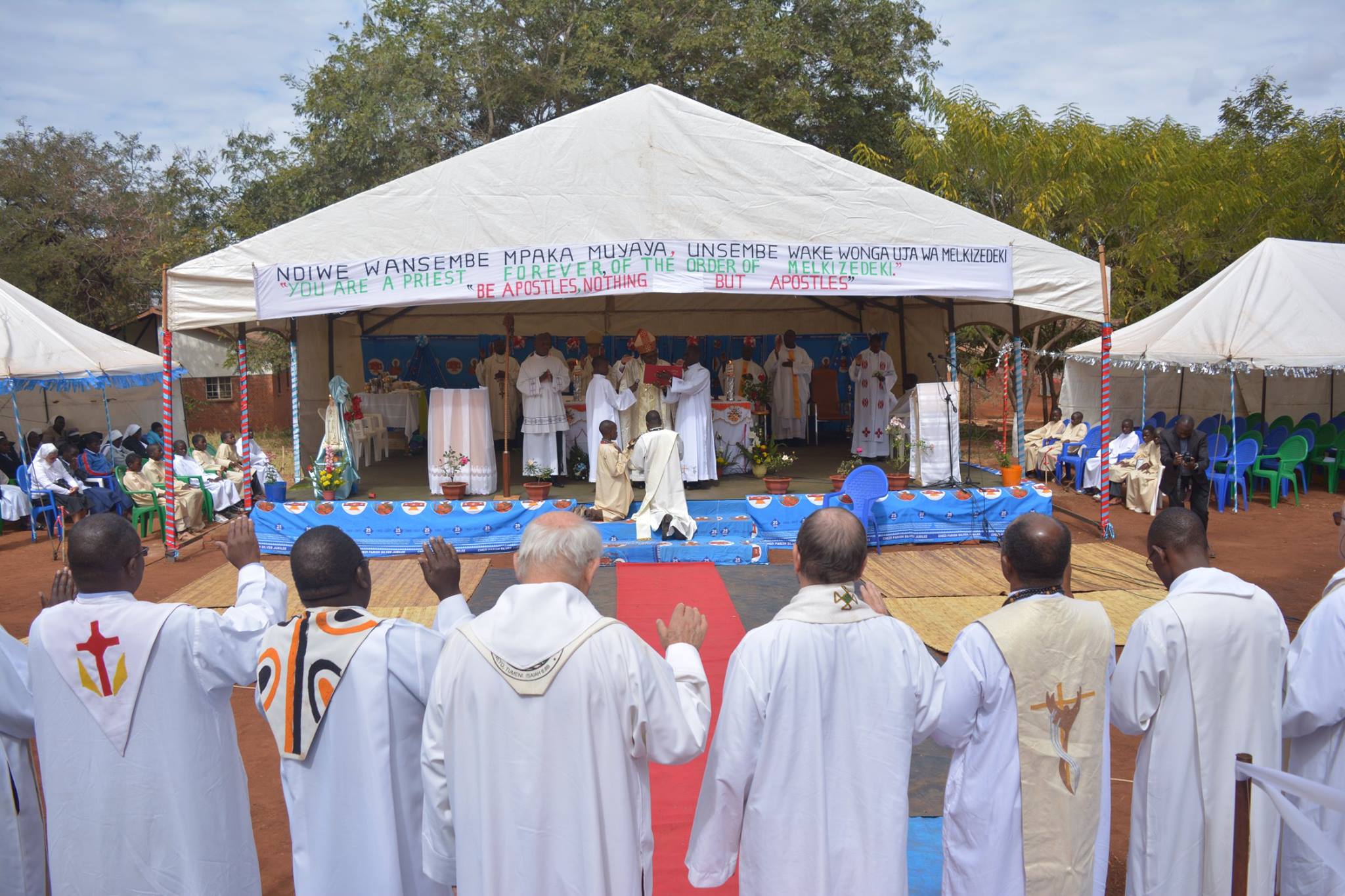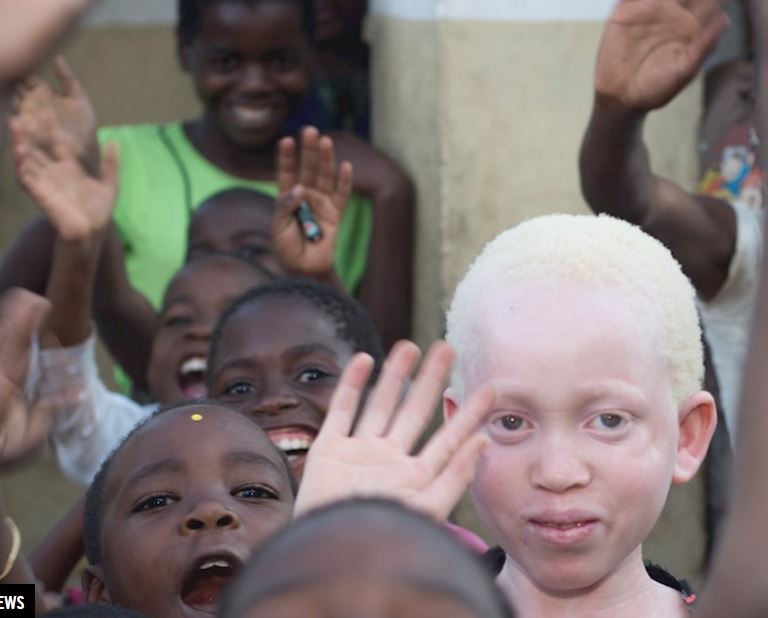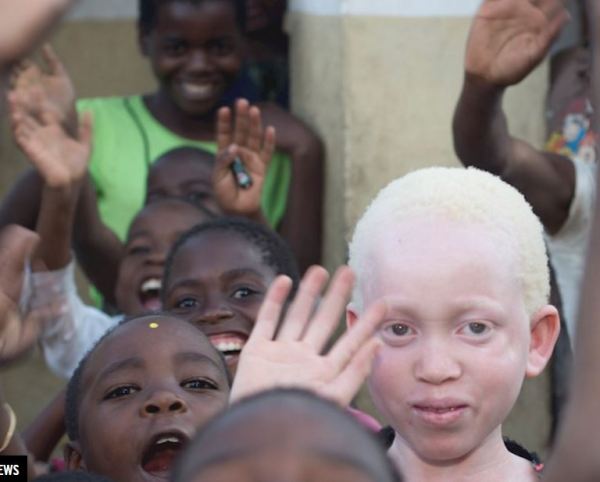CfSC’s staff and other partners witnessed the launch of its 2020 – 2024 strategic Plan launch. The event took place on 18th June 2020 at its offices. Below are the highlights of the event.
The Centre For Social Concern (CfSC) is a project of the Missionaries of Africa (White Fathers). In line with their vision and mission, the CfSC seeks to promote Justice and Peace and the Integrity of Creation (JPIC) and Interfaith Dialogue in Malawi and beyond. The Centre was started in 2002 and in its short history has been working on issues like:
- A monthly review of the cost of living through the Basic Needs Basket survey.
- The international debt burden, its causes and debt cancellation.
- The linkage between the international trade system and poverty and the rising cost of living in Malawi.
- The plight of the tobacco tenants and the promotion of the passing of a bill regulating tobacco tenancy labour.
- A survey on how people who have very low salaries cope with the ever-rising cost of living.
- Marginalization of religious communities and (the lack of) participation in development.
- Dialogue between Islam and the Catholic Church on their social teaching.
- Conflict management and mediation, mainly in conflicts involving religion.
The Centre for Social Concern in its analysis has established that poverty the factor that impacts most on human dignity of Malawians. It has therefore developed the following programs:
The Social Conditions Programme examines the poverty situation with reference to local conditions and causes.
- This has as main recurrent activity the Basic Needs Basket (BNB), which is simple way in calculating the cost of living.
- It does occasional research coming from the data collected through the BNB survey.
- Another activity is Social Protection monitoring.
The Economic Justice Programme looks at the international contributing factors of the persistent poverty in Malawi. It examines the international trade relations and imbalances and how they impact on the cost of living.
It monitors the spending of funds freed through debt cancellation. It promotes tax justice through studying the present tax system and proposing a more equitable way, where the stronger shoulders carry the bigger burden.
The Human and Social Capital Programme works at assisting youth and others to be better prepared through information sharing for their tasks in society.
- The library and resource centre assist especially youth and young students through providing study facilities and books.
- The Press Review offers information about how the press reported the events month by month and so forms its readers to be critical.
- The Awareness Programme on Human Trafficking helps people to understand the evil of this modern form of slavery and combat it.
The Religion as Transformation Programme helps making religion a positive force for change in society.
The furthering of Catholic Social Teaching wants to make this “best kept secret” better known so that it can influence people to contribute better to the transformation of society.
The Interfaith Dialogue project studies how the faith dimension contributes to both the betterment of society as well as to conflict.
Administration assists in the implementation of all activities.
For further information about CfSC Projects please contact The Director



